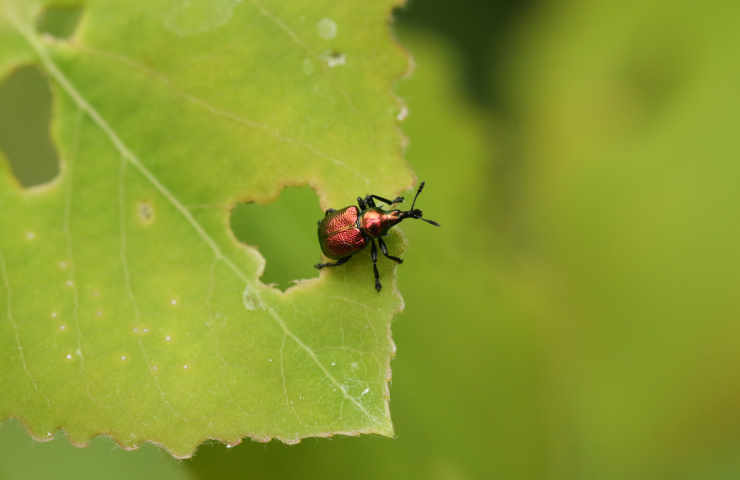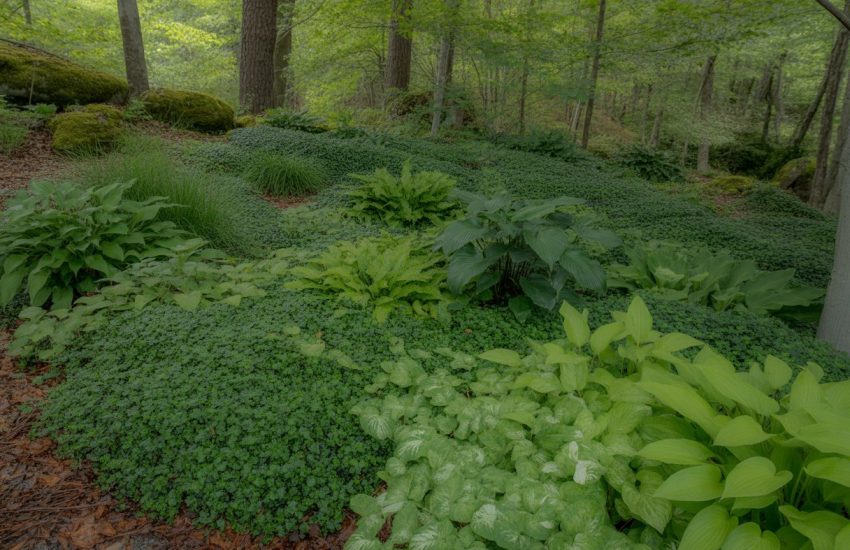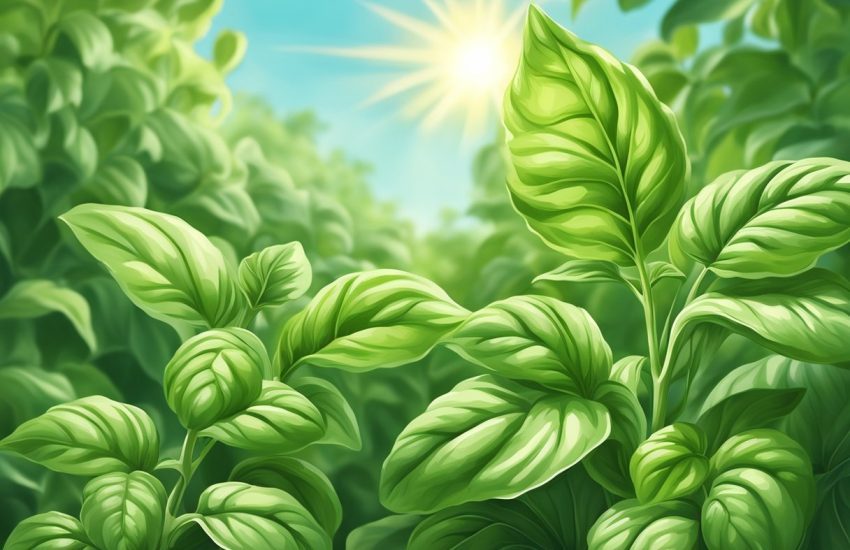Is Bifen Safe for Vegetable Gardens?
Last updated: February 11, 2026
Introduction
In terms of its wide chemical content and history, bifenthrin, which has been popularly used in horticulture and farming since the past, causes questions like “Is Bifen safe for vegetable gardens?” in mind about the health and protection of plants from insects.
But back to the question marks, rest assured. Bifenthrin is a support material that is not absorbed by plants and does not harm their nature as well as does not harm them, but on the other hand, it plays a role in the death of many insects and pests, prolonging the life of plants. Moreover, if safety measures are taken with appropriate steps, it does not have adverse effects on human health.
Is Bifenthrin Safe on Vegetables?
What Is Bifenthrin & How Does It Work?
Bifenthrin belongs to the pyrethroid family of insecticides, synthetic analogs of pyrethrins derived from chrysanthemum flowers. Likewise, bifenthrin has been used on a variety of crops as well as in the household since being approved by The United States Environmental Protection Agency, in 1985.
Along with these, bifenthrin-containing products exist in a variety of formats, comprising aerosols and powders; in the United States, nearly 600 bifenthrin-containing products are available. Considerably, always read the label and take precautions to avoid exposure. If any exposure occurs, make sure to carefully follow the First Aid recommendations on the product label.
On the other hand, when insects ingest or come into contact with it, bifenthrin disrupts their neurological systems. Since bugs have lower body temperatures and smaller body shapes, it is more hazardous to them than to humans.
Can I Spray Bifenthrin on Plants & Vegetables?
As a safe substance to be used indoors and outdoors, bifenthrin is a substance deemed appropriate to be applied as a spray on plants and areas where insects and pests can hide in work areas. Besides, there is no problem in its application to plants, as plants cannot absorb bifenthrin. Shortly, yes, you can spray bifenthrin on your plants and vegetables.
How Long After Spraying Bifen Is It Safe & How Long Does It Last Indoors?
The first 30 to 1 hour after bifenthrin application is the time for drying. Accordingly, it can be said that the application is safe after at least 2 hours in terms of being healthier and guaranteed. On the other hand, by showing its effect against more than 75 pests, it can maintain its effect for more than 3 months in many open areas as well as indoor spaces.
To wrap things up, the effect of bifenthrin on both plants and vegetables is extremely safe and does not cause any harm.
Is Bifen I/T Safe for Humans?
Although bifenthrin exposure in humans and animals is usually through the food they eat, it can also occur by drinking water contaminated with bifenthrin. In addition, exposure through breathing or skin can occur by being in excess in the area where the substance is applied.
Supportively, the health effects on humans and animals, in general, cannot be said to be not dangerous because it causes a certain degree of harm to health.
That is to say, people exposed to small amounts of bifenthrin cause skin tingling or eye irritation as mild effects, while bifenthrin exposed by inhalation causes nose, throat, or lung irritation in many people. Moreover, it has severe side effects such as nausea, abdominal pain, and vomiting.
How Does Bifenthrin Cause Toxicity?
As mentioned above on insects and pests, bifenthrin causes poisoning through their nervous systems and kills them if they are eaten or touched. On the other hand, it has a poisoning effect on humans by touching it, ingesting it into the digestive tract, or breathing.
If the necessary precautions are not taken during the application, it may cause poisoning to the person through the respiratory tract by spraying, and you will be exposed to bifenthrin when you eat the food without washing it.
How Often Should I Spray Bifenthrin for My Safety?
In order not to be exposed to too much bifenthrin for your purpose and not to endanger your health, you can apply bifenthrin at home 4 or 5 times a year on average, every 2 or 3 months. In this way, while protecting your home and plant from pests, you will not be exposed to high chemical bifenthrin dangerously.
What Is the Best Insecticide for Vegetable Plants?

Is Bifenthrin a Good Insecticide?
Primarily, bifenthrin, which plays a strong and effective role in killing insects, mainly winged and blood-sucking insects such as mosquitoes, can be considered a very safe and good choice for living things when applied following the necessary precautions since it is not absorbed by plants.
What Is the Most Toxic Insecticide?
All insecticides, which contain heavy and strong chemical substances, are poisonous and dangerous for living life. However, some of them cause great damage both in the area of application and in the general framework compared to others.
In this context, while continuing the discussions and explanations on the subject, it is necessary to mention the most powerful and harmful insecticides in the world. Accordingly, here are the most poisonous insecticides;
- Atrazine
- Flupyradifurone
- Hexachlorobenzene
- Glyphosate
- Methomyl
- Rotenone
These six insecticides are on the list of the most toxic due to their high toxicity to ecosystem services such as bioaccumulation, persistence in water, soil, and sediment, and toxicity to aquatic organisms and bees.
What Insecticide Do Professionals Use?
On the other hand, besides the most poisonous insecticides, which can be assumed to be the best for both plants, humans, and the ecosystem and can be preferred by many professionals, are given as follows;
- Pyrethrins
- Pyrethroids
- Permethrin
Best Insecticide for Vegetable Plants
There are too many products on the market to fit this list, especially if we are talking about the best. However, among them, Bonide Pyrethrin Insecticide is the best for vegetable plants, as a highly qualified product in terms of its wide pest and insect killing frame, its practicality and ease of use, and plant protection.
Conclusion
Bifenthrin is a support substance that is not absorbed by plants and does not affect their nature. On the other hand, it does play a part in the death of many insects and pests, hence extending the life of plants. Furthermore, if sufficient precautions are taken, it has no negative impact on human health.


